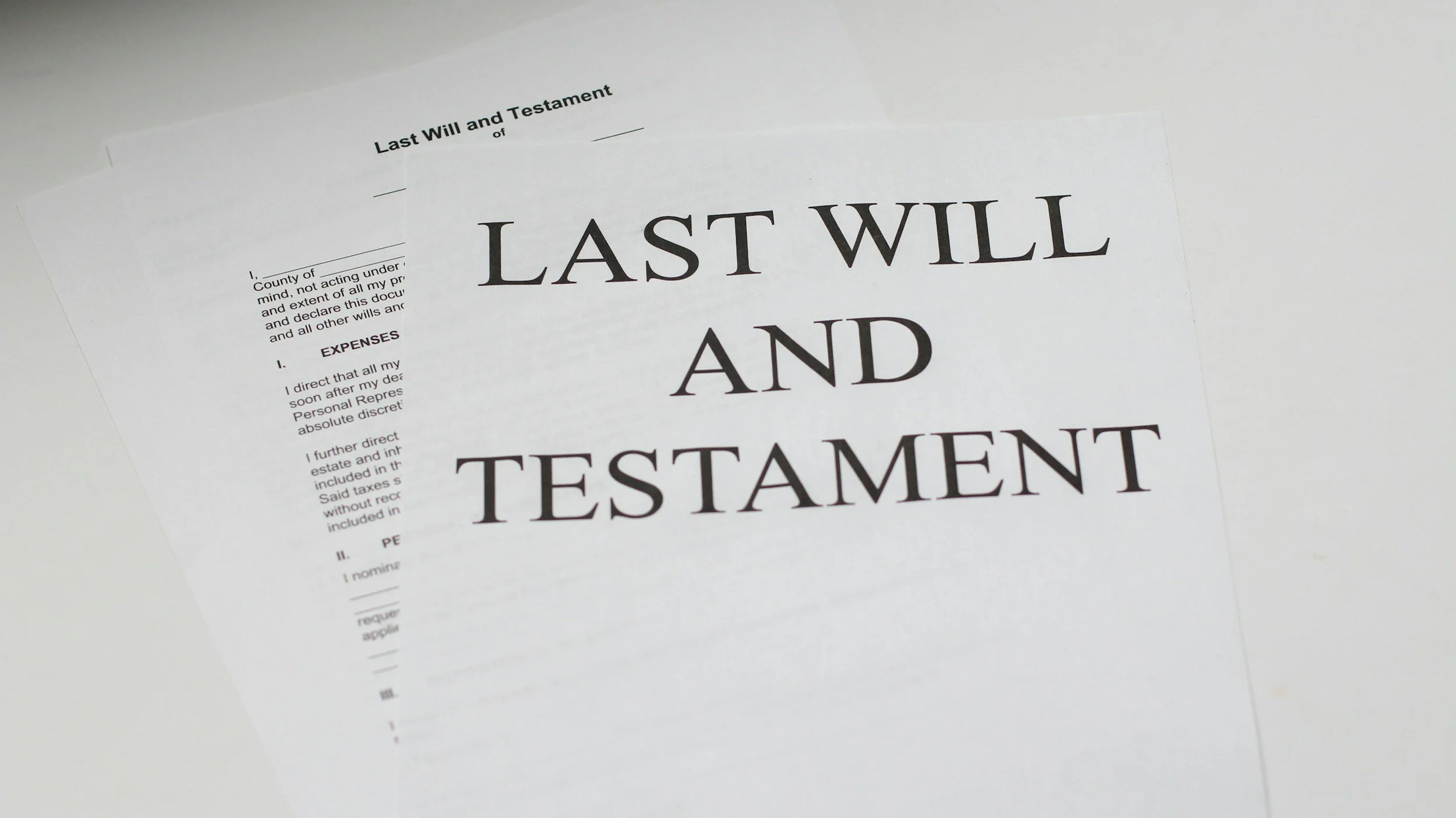What to Know Before Naming an Executor in Your Will
Creating a will is one of the most important steps in protecting your family and your assets. But one decision many people overlook is choosing the right executor. This person plays a key role in ensuring your final wishes are carried out, so selecting wisely is essential.
If you are beginning your estate planning journey in Pennsylvania, understanding what an executor does and what to consider before naming one can help you make a confident and informed choice.
What Is an Executor of a Will
An executor is the person legally responsible for managing your estate after your death. Their job is to ensure that your debts are paid, your property is distributed according to your will, and all necessary legal steps are completed.
In Pennsylvania, the executor has what is known as a fiduciary duty to act in the best interests of your estate and your beneficiaries. This means they must follow the law, stay organized, and make decisions that protect your assets.
Key Responsibilities of an Executor in Pennsylvania
While every estate is unique, most executors handle the following tasks:
Filing your will with the Register of Wills in the county where you lived
Collecting, valuing, and safeguarding estate assets
Paying any outstanding debts and taxes
Notifying beneficiaries and creditors
Managing the estate’s bank account
Distributing assets according to your will
Closing the estate through a formal accounting process
This is a major responsibility. It can take months or even years to complete, depending on the size and complexity of the estate.
Who Can Serve as an Executor
In Pennsylvania, any competent adult who is not facing serious legal restrictions can serve as an executor. Many people choose a spouse, adult child, sibling, or close friend. However, you are not limited to family members. You may also name a trusted professional, such as an attorney or financial advisor.
The key is to choose someone who is responsible, organized, and willing to take on the role. It is also important to confirm with that person ahead of time that they are comfortable serving as your executor.
Factors to Consider When Choosing an Executor
Before naming someone in your will, think about the following factors:
Trustworthiness – Your executor will have access to your financial accounts and sensitive information. Choose someone who is honest and dependable.
Availability – The executor’s duties can last a year or longer, so pick someone who has the time to manage the process.
Organization Skills – Estate management involves deadlines, paperwork, and coordination with the court.
Emotional Readiness – Handling a loved one’s estate can be emotionally draining. Choose someone who can stay level-headed under pressure.
Location – It helps if your executor lives in Pennsylvania or nearby. Local executors can access banks, property, and court offices more easily.
Can You Name More Than One Executor
Yes. You can name co-executors in your will, such as two adult children or a family member and an attorney. However, this often makes the process more complicated since both parties must agree on every decision and sign each required document.
If you do name co-executors, choose individuals who can cooperate easily and communicate effectively.
What Happens If You Do Not Name an Executor
If your will does not name an executor, or if your chosen person is unable or unwilling to serve, the court will appoint someone to handle your estate. This person is called an administrator.
Allowing the court to decide can create delays and additional costs. Naming a reliable executor ahead of time helps ensure your estate is managed efficiently and according to your wishes.
How an Attorney Can Help You Choose Wisely
An experienced estate planning attorney can explain the legal responsibilities of an executor, help you evaluate your options, and draft your will to clearly outline the executor’s powers and limitations.
Your attorney can also serve as a neutral third party to answer questions and reduce the potential for family conflict after your passing.
Plan Ahead with Sutton & Lovette
Choosing an executor is not just about naming someone you trust. It is about ensuring your family and your estate are protected.
At Sutton & Lovette Law Office, our Pennsylvania estate planning attorneys help clients create wills that are clear, legally sound, and tailored to their specific needs. We can guide you through every step of the process, from choosing an executor to drafting the right documents for your peace of mind.
Contact our office today to schedule a consultation and begin planning with confidence.








